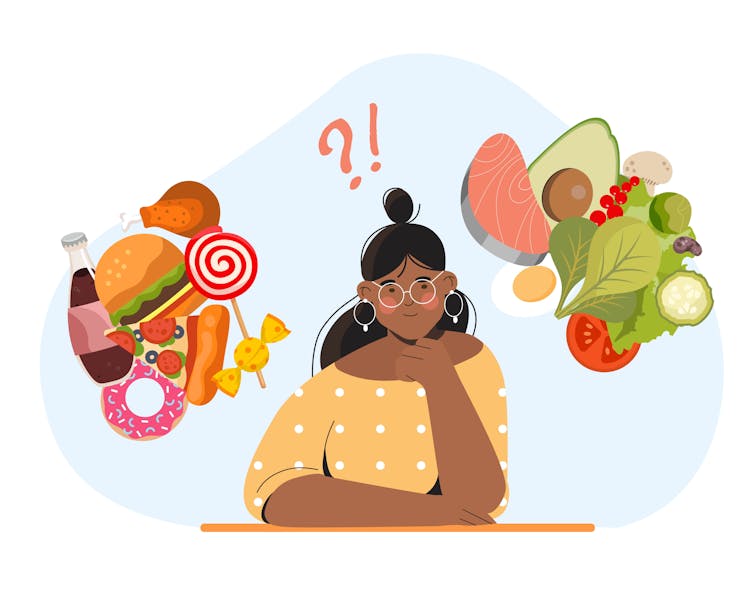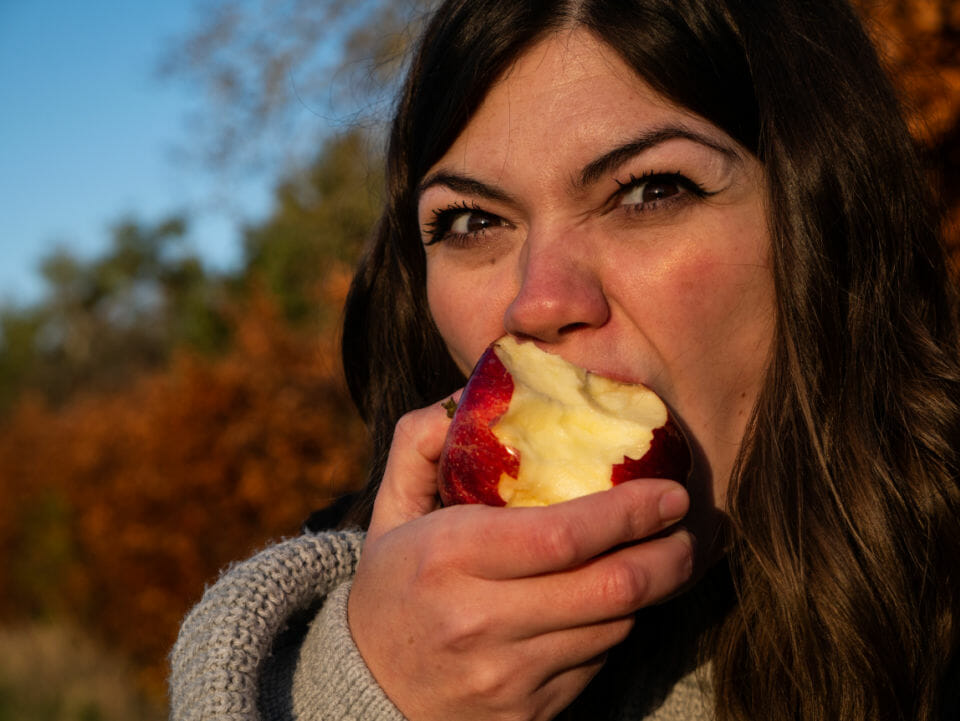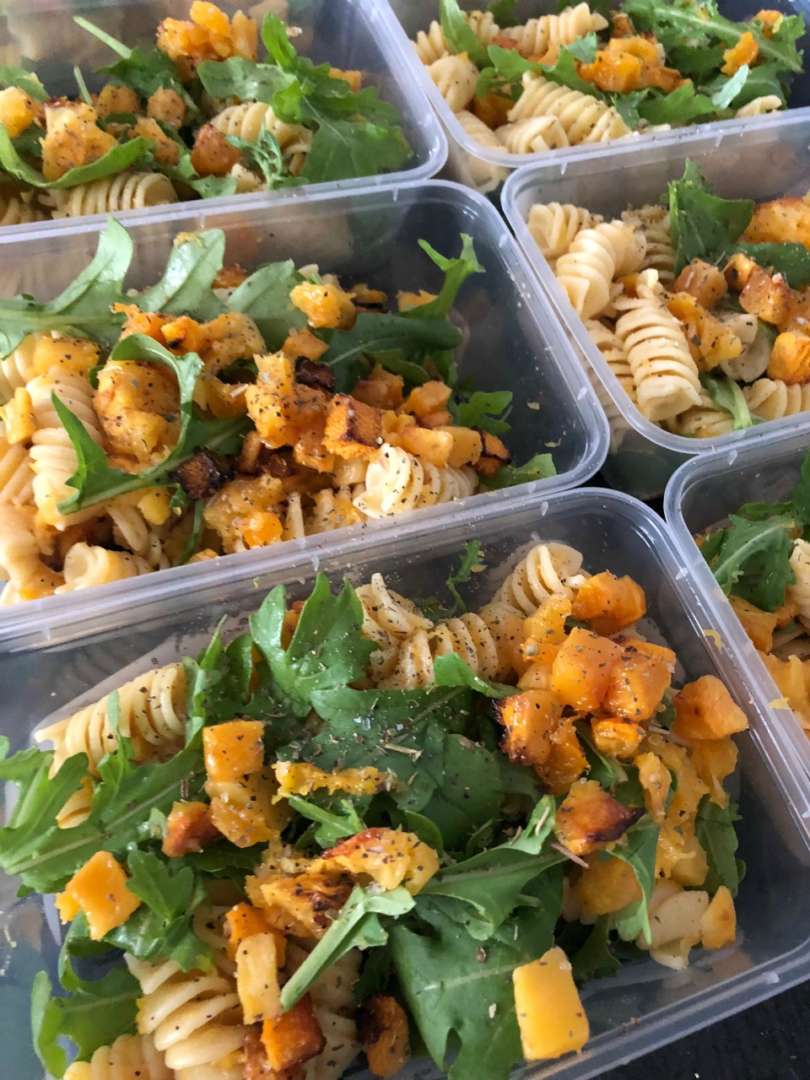How your dieting habits impact your daughter
Weight loss is one of the most common health and appearance-related goals in today’s society.
Women and teen girls are especially likely to pursue dieting to achieve weight loss goals. For teens, these pursuits are likely fueled by the strong influence of social media and other cultural influences on body ideals.
But does a mother’s diet habits and negative self-talk affect her children?
The answer is YES! Mothers may feel that they are being discreet about their dieting behavior, but little girls are watching and listening, and they are far more observant of us than many might think.

Culturally defined body ideals
Given the strong influence of social media and other cultural influences on body ideals, it’s understandable that so many people pursue diets aimed at weight loss. TikTok, YouTube, Instagram and celebrity websites feature slim influencers and “how-tos” for achieving those same results in no time.
For example, women and teens are engaging in rigid and extreme forms of exercise such as 54D, a program to achieve body transformation in 54 days, or the 75 Hard Challenge, which is to follow five strict rules for 75 days.
Women and teens have also been been inundated with recent messaging around quick-fix weight loss drugs, which come with a lot of caveats.
Dieting and weight loss goals are highly individual, and when people are intensely self-focused, it is possible to lose sight of the bigger picture. Although women might wonder what the harm is in trying the latest diet, science shows that dieting behavior doesn’t just affect the dieter. In particular, for women who are mothers or who have other girls in their lives, these behaviors affect girls’ emerging body image and their health and well-being.
The profound effect of maternal role models

Research shows that mothers and maternal figures have a profound influence on their daughters’ body image.
The opportunity to influence girls’ body image comes far earlier than adolescence. In fact, research shows that these influences on body image begin very early in life – during the preschool years.
For example, one study revealed that compared with daughters of non-dieting women, 5-year-old girls whose mothers dieted were aware of the connection between dieting and thinness.
Mothers’ eating behavior does not just affect girls’ ideas about dieting, but also their daughters’ eating behavior. The amount of food that mothers eat predicts how much their daughters will eat. In addition, daughters whose mothers are dieters are more likely to become dieters themselves and are also more likely to have a negative body image.
Negative body image is not a trivial matter. It affects girls’ and women’s mental and physical well-being in a host of ways and can predict the emergence of eating disorders.

Avoiding ‘fat talk’
What can mums do to serve their daughters’ and their own health?
They can focus on small steps. And although it is best to begin these efforts early in life – in girlhood – it is never too late to do so.
For example, mothers can consider how they think about and talk about themselves around their daughters.
Engaging in “fat talk” may inadvertently send their daughters the message that larger bodies are bad, contributing to weight bias and negative self-image. Mothers’ fat talk also predicts later body dissatisfaction in daughters.
And negative self-talk isn’t good for mothers, either; it is associated with lower motivation and unhealthful eating. Mothers can instead practice and model self-compassion, which involves treating oneself the way a loving friend might treat you.
In discussions about food and eating behavior, it is important to avoid moralizing certain kinds of food by labeling them as “good” or “bad,” as girls may extend these labels to their personal worth. For example, a young girl may feel that she is being “bad” if she eats dessert, if that is what she has learned from observing the women around her. In contrast, she may feel that she has to eat a salad to be “good.”
Mums and other female role models can make sure that the dinner plate sends a healthy message to their daughters by showing instead that all foods can fit into a balanced diet when the time is right. Intuitive eating, which emphasizes paying attention to hunger and satiety and allows flexibility in eating behavior, is associated with better physical and mental health in adolescence.
Another way that women, and especially mums, can buffer girls’ body image is by helping their daughters to develop media literacy and to think critically about the nature and purpose of media.
For example, mums can discuss the misrepresentation and distortion of bodies, such as the use of filters to enhance physical appearance, on social media.

Focusing on healthy behaviors
One way to begin to focus on healthy behaviors rather than dieting behaviors is to develop respect for the body and to consider body neutrality.
In other words, praise body function rather than appearance and spend less time thinking about your body’s appearance. Accept that there are times when you may not feel great about your body, and that this is OK.
To feel and look their best, mothers can aim to stick to a healthy sleep schedule, manage their stress levels, eat a varied diet that includes all of the foods that they enjoy, and move and exercise their bodies regularly as lifelong practices, rather than engaging in quick-fix trends.
Although many of these tips sound familiar, and perhaps even simple, they become effective when we recognize their importance and begin acting on them. Mothers can work toward modeling these behaviors and tailor each of them to their daughter’s developmental level. It’s never too early to start.

Read more: Your family can influence the way you talk about and view your body
Promoting healthy body image
Science shows that several personal characteristics are associated with body image concerns among women.
For example, research shows that women who are higher in neuroticism and perfectionism, lower in self-compassion or lower in self-efficacy are all more likely to struggle with negative body image.
Personality is frequently defined as a person’s characteristic pattern of thoughts, feelings and behaviors. But if they wish, mothers can change personality characteristics that they feel aren’t serving them well.
For example, perfectionist tendencies – such as setting unrealistic, inflexible goals – can be examined, challenged and replaced with more rational thoughts and behaviors. A woman who believes she must work out every day can practice being more flexible in her thinking. One who thinks of dessert as “cheating” can practice resisting moral judgments about food.
Changing habitual ways of thinking, feeling and behaving certainly takes effort and time, but it is far more likely than diet trends to bring about sustainable, long-term change. And taking the first steps to modify even a few of these habits can positively affect daughters.
In spite of all the noise from media and other cultural influences, mothers can feel empowered knowing that they have a significant influence on their daughters’ feelings about, and treatment of, their bodies.
In this way, mothers’ modeling of healthier attitudes and behaviors is a sound investment – for both their own body image and that of the girls they love.
Read more: The majority of parents feel uncomfortable talking to their kids about their diet
7 Tips to help your daughter have a healthy relationship with food
- Cooking healthy dinners from scratch is the best way to ensure your child is eating the right food.
- Teach your child about nutrition and healthy eating. Help your child learn how to prepare healthy meals and be more aware of what they are putting into their body.
- Make exercise fun. Get them involved, go for family walks and make exercise seem like a fun pastime that is part of your everyday or weekly routine.
- Set good sleep habits. Keep communication open with your child open at all times and let them know you are there to support them and help them if anything is bothering them and causing them to emotionally eat.
- Limit devices and social media. Playing on devices or scrolling through social media can cause kids to go into a trance-like state, and this can lead to mindlessly eating.
- Offering praise can help your son or daughter succeed in getting down to a healthy weight. Rewarding them with non-food items for their hard work will encourage them to want to lead a healthier lifestyle.
- Set good examples. Kids learn from their parents, so it’s imperative you set a good example for your children. Join the 28 Day Weight Loss Challenge if you feel you need to change your eating and lifestyle habits.
This article is republished from The Conversation under a Creative Commons license. Read the original article.










